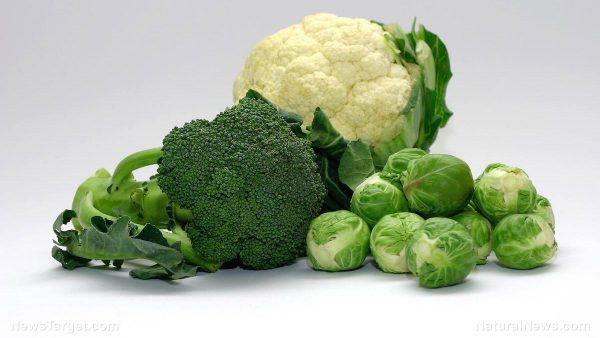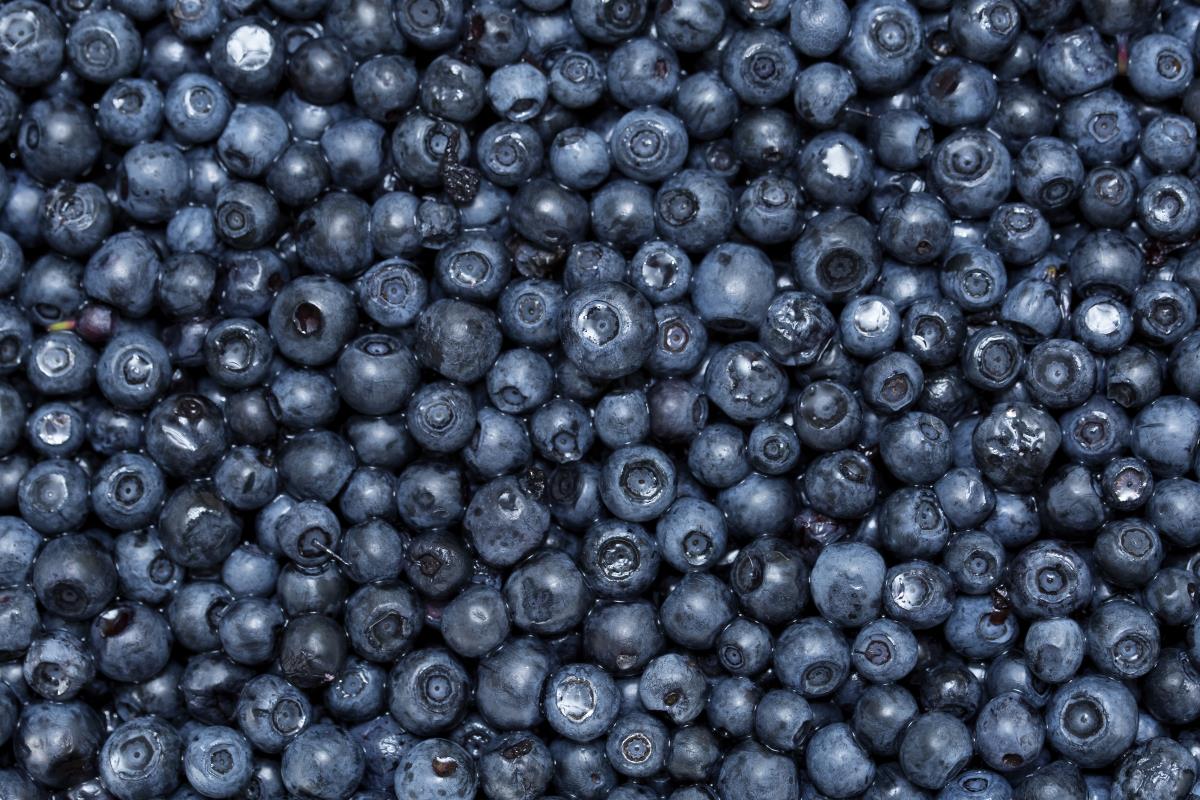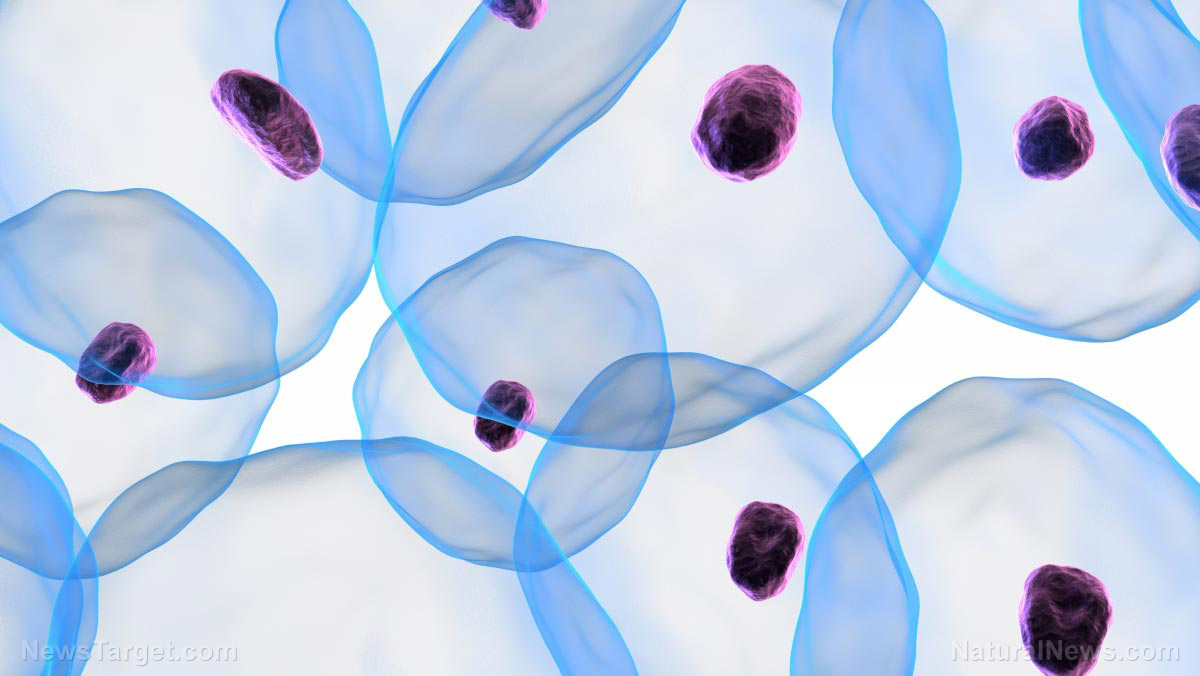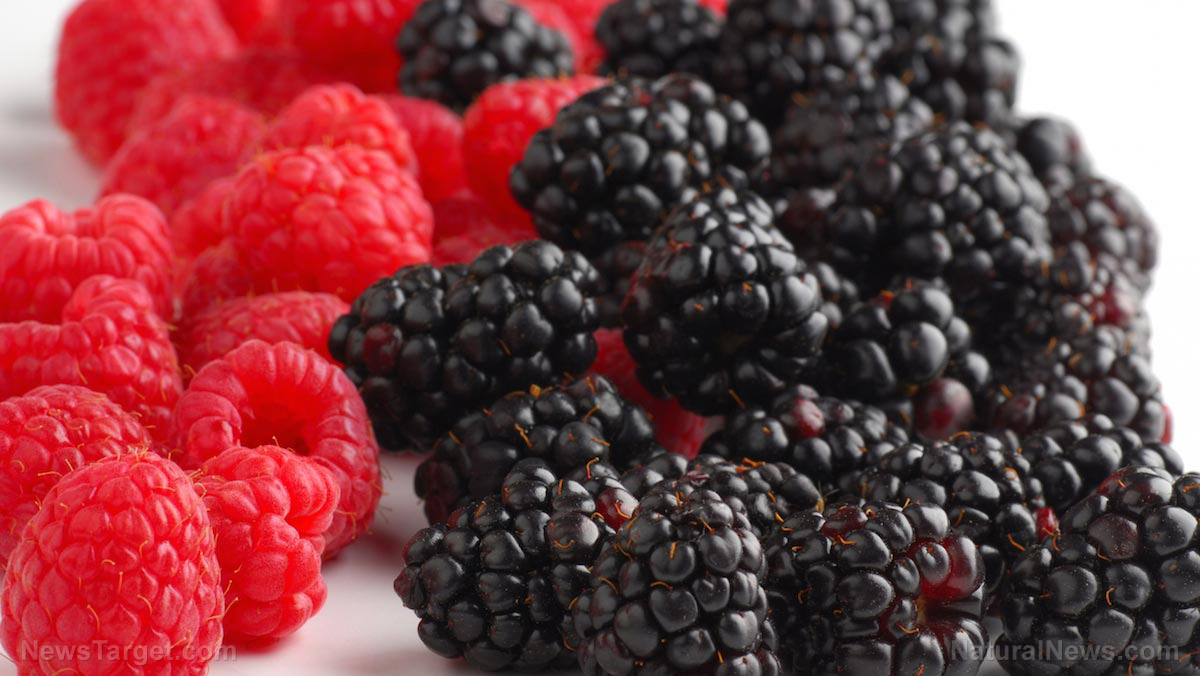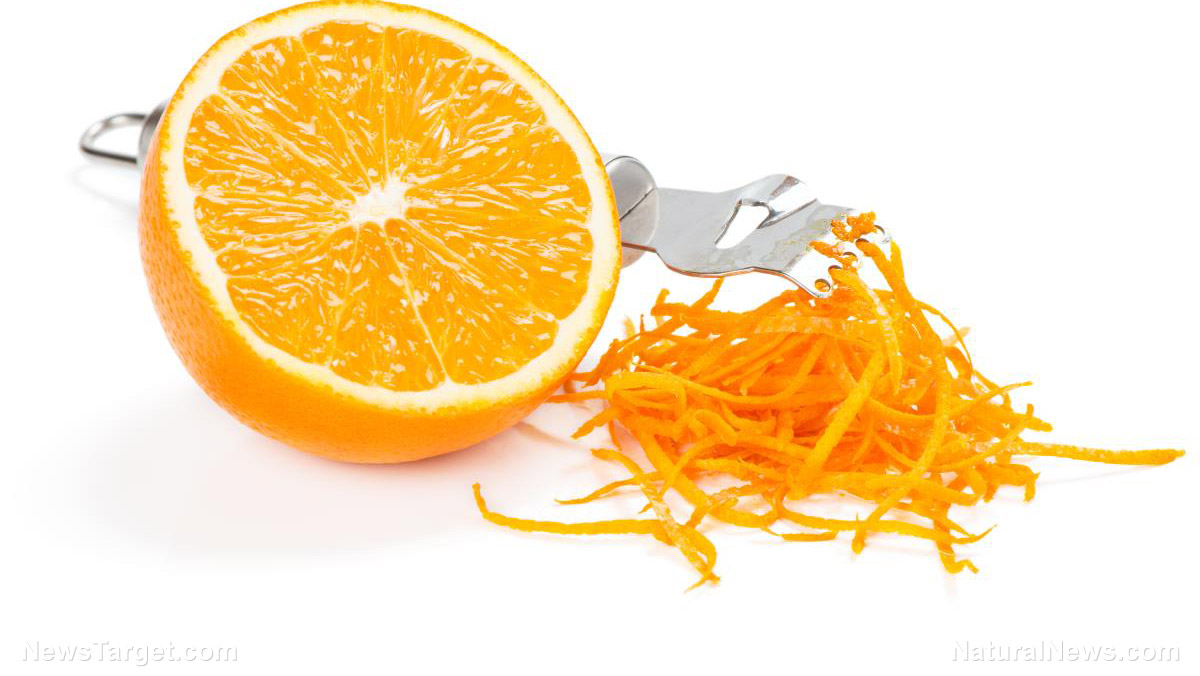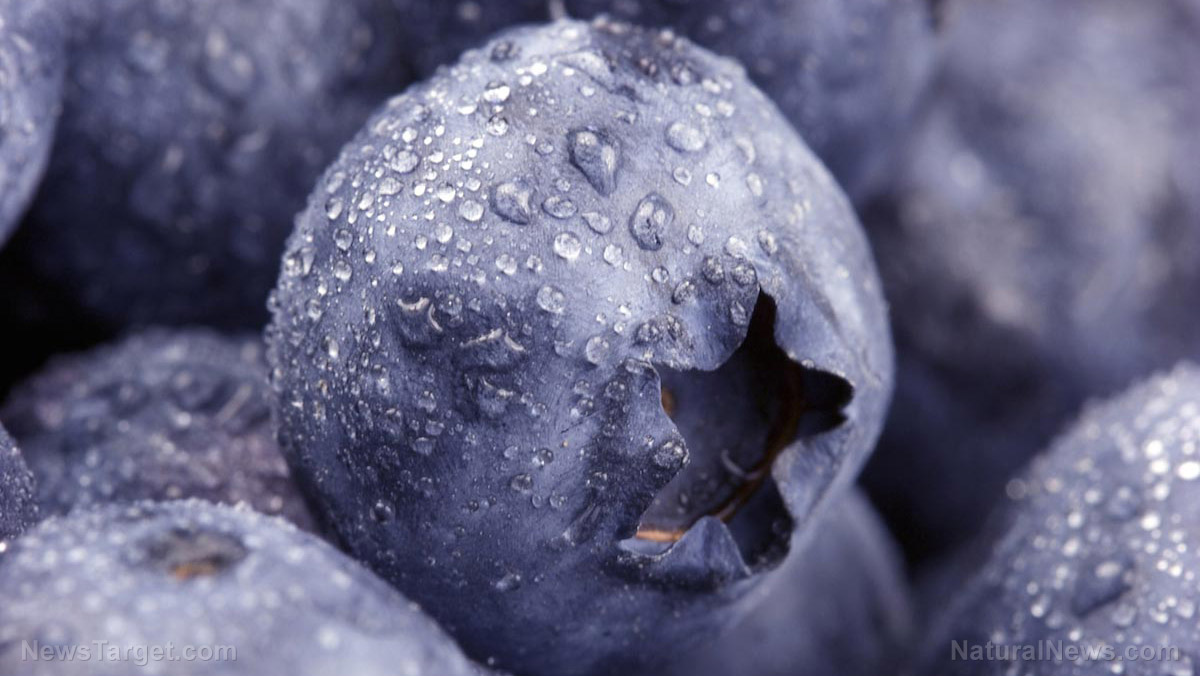(MindBodyScience.news) When a loved one begins to struggle with extreme memory loss and cognitive impairment, we may suddenly be overcome with a loss of words. As dementia or Alzheimer’s overtakes a loved one, we often see it as some genetic curse, a tragic genetic code we could never overwrite.
But in the field of epigenetics (epi- meaning above), we learn that genetic expression is influenced by multiple governing factors that are within our control. For example, a person gives their cells instructions through the foods they eat, and these nutritional components can strengthen genes’ ability to adapt to their environment, and express themselves in positive or negative ways. Likewise, the frequency of a person’s strongest emotions and thought patterns may affect the expression of genes in their physical body.
MIND diet is a great template to prevent cognitive decline, Alzheimer’s
Researchers at Rush University Medical Center are now confirming that a hybrid Mediterranean diet, including healthy fats, blueberries and whole fruit and vegetable smoothies, with the fiber intact, can have a powerful governing effect on a person’s cognitive abilities, preventing memory loss and Alzheimer’s disease.
The Rush researchers are praising their newly formulated MIND diet which stands for: “Mediterranean Intervention for Neurodegenerative Delay.” The diet was developed by nutritional epidemiologist Martha Clare Morris, PhD, and fellow colleagues at the Rush medical center.
The MIND diet is a simple, wholesome lifestyle eating template that is proven to slow cognitive decline. When it was followed moderately, it was found to lower the risk of Alzheimer’s by 35 percent. When the diet was followed rigorously, it lowered the risk of Alzheimer’s by 53 percent.
The Rush study was funded by The National Institute of Aging. The study investigated cognitive change over a period of 4.7 years, among 960 older adults averaging 81.4 years old, who had no dementia at the onset of the study.
MIND diet makes brain 7.5 years younger
Rush researchers also revealed that when older adults follow the MIND diet over longer periods of time, their cognitive abilities become sharper with age. After the researchers studied the older adults’ episodic memory, working memory, semantic memory, visuospatial ability and perceptual speed, they found that those who rigorously followed the MIND diet exhibited cognitive abilities that were 7.5 years younger than their actual age.
The diet revolves around eating 10 brain-healthy food groups, including nuts, berries (particularly blueberries and strawberries), whole grains, green leafy vegetables, olive oil, beans, poultry, fish and wine. The diet also restricts five unhealthy food groups (red meats, cheese, pastries and fried fast foods).
“With late-onset AD, with that older group of people, genetic risk factors are a small piece of the picture,” said Dr. Morris. “Past studies have yielded evidence that suggests that what we eat may play a significant role in determining who gets AD and who doesn’t.”
“Everyone experiences decline with aging; and Alzheimer’s disease is now the sixth leading cause of death in the U.S., which accounts for 60 to 80 percent of dementia cases. Therefore, prevention of cognitive decline, the defining feature of dementia, is now more important than ever,” Morris says. “Delaying dementia’s onset by just five years can reduce the cost and prevalence by nearly half.”
How well we age, how well we process information and retain memory into old age, is mostly within our control. Even a few changes can make all the difference, providing new instructions for positive genetic expression and a graceful aging experience.
Reporting by L. J. Devon, NaturalNews.com.



Sources include:
Rush.edu
Rush.edu
Rush.edu
MindBodyScience.news is part of the USA Features Media network. Check out all of our daily headlines here.




